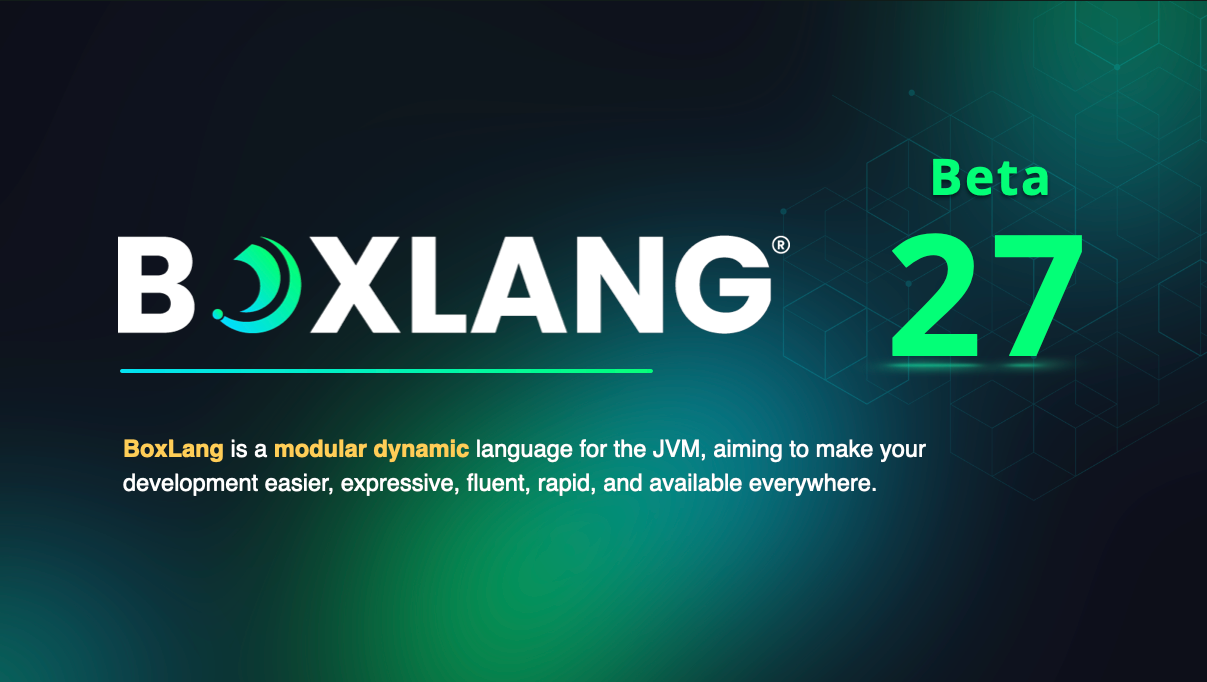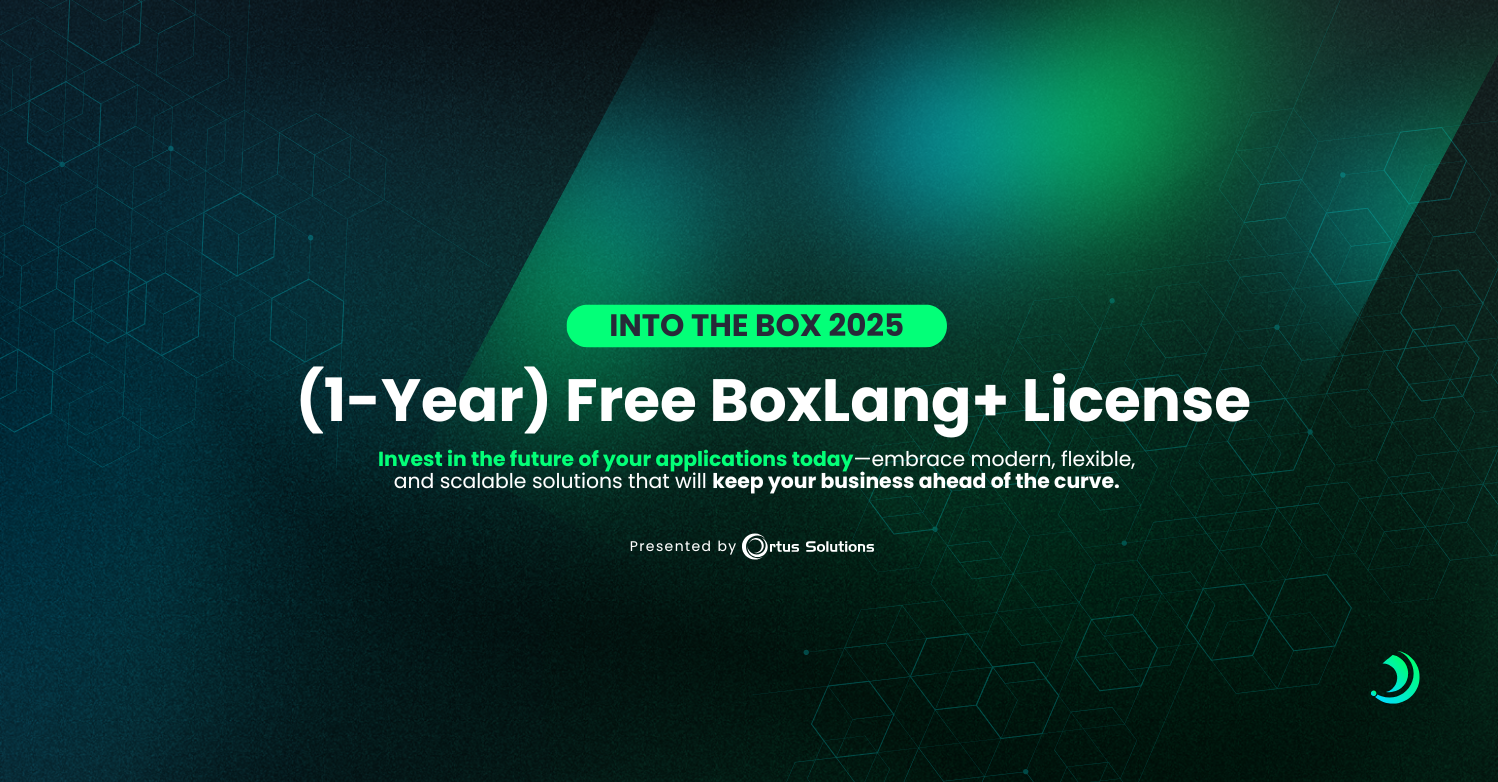Welcome to the jungle
Remember a time when the internet was a safe place. Where your email wasn't getting hacked every 3 months, nobody wanted to XSS something malicious to you or through you, and no one conceived of encrypting your hard drive for money?
I don't either. Since its inception, the internet has been a jungle of security complications.
CSRF: not the good kind of surfing
This discussion could quickly dive into a host of security complications and safety precautions that we, as developers should be paying attention to. Instead, I'm going to focus on one security breach and a modular technique that ColdBox 4.0 provides to help us developers fight against it.
CSRF aka "Cross-Site Request Forgery", commonly pronounced "sea-surf", is a web exploitation where the offender violates the trust between a website and a user's browser. I know that's vague. There are various forms that CSRF takes, but they all boil down to the website being violated by the user's browser in some way, shape, or form. This is just the basic idea. The whole story is worth a decent Google search.
We got a module for that!
As with any multi-faceted security aspect, there is no singular answer. If a burglar can come into your house through either the window or the door, you may want to shut and lock both, or get a guard dog, or move. However, with CSRF security violations, there is one common flaw. The violation of trust comes from triggering actions on your site without your consent. That we can handle.
The ColdBox Cross Site Request Forgery (CSRF) Tokens module generates tokens that generate a verification, "secret handshake" system between your server and the browser. This added layer of security is subtle, but powerful in CSRF violations because it prevents a foreign agent from violating the trust between browser and server.
To install the ColdBox Cross Site Request Forgery (CSRF) Tokens module, simply go to CommandBox and enter:
box install cbcsrf
The ReadMe for this module includes the following simple example of how to use the CSRF module's functionality:
component {
any function signUp(event, rc, prc) {
// Store this in a hidden field in the form
prc.token = generateCSRFToken();
}
any function signUpProcess(event, rc, prc) {
// Verify CSFR token from form
if(verifyCSRFToken(rc.token) {
// save form
} else {
// Something isn't right
setNextEvent( 'handler.signup' );
}
}
}
The ColdBox Cross Site Request Forgery (CSRF) Tokens module is a simple, elegant solution to a common security problem.




Add Your Comment